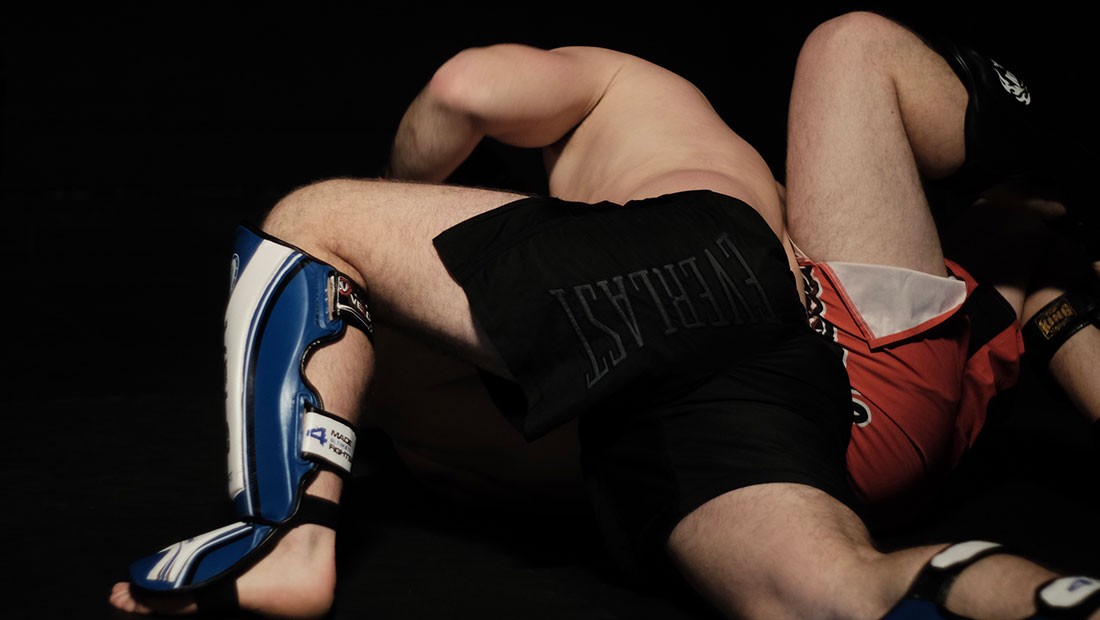Damir Očko
Dicta
06 Feb - 20 May 2018

Damir Očko, Dicta II
Photographie de tournage.
Co-production : Jeu de Paume, Paris, CAPC musée d’art contemporain de Bordeaux et Museo Amparo, Puebla.
Photo Damir Žižic. Courtesy de l’artiste. © Damir Očko
DAMIR OČKO
Dicta
06 February – 20 May 2018
Curator: Agnès Violeau
Damir Očko was born in 1977 in Zagreb (Croatia), where he lives and works today. His work is an invitation to explore the intricacies of language and the way in which the neurophysiological system generates it so poetically. His various works fall within a corpus of ideas where the elements respond to each other, vacillating between desire and deprivation, reality and fiction.
Orwell’s Newspeak, which advocated a non-distantiation from the facts, grouped together three types of vocabulary. Language within the B Group concerned rhetoric or political discourse, and is the breeding ground for the project proposed by Damir Očko.
The exhibition at the Jeu de Paume revolves around the film Dicta (the plural of ‘dictum’, coming from the Latin, meaning an undisputed truth). Following Dicta I, based on the autobiographical writings of Bertolt Brecht’s Telling the Truth: 5 Difficulties (1934), written when the latter fled the German regime, Dicta II is built around a series of safewords. Influenced by Dadaism and conceptual art, the film takes the form of a collage and regroups an ensemble of inaudible and contradictory statements, as obscure as the images.
The film evokes epic theatre and Brechtian distancing which awakens the viewer’s political consciousness. Damir Očko provides explanations in the form of asides that make the viewer an ‘enlightened observer’ despite the film’s challenging visuals and sound. The artist filmed the protagonists behind a group so that the figures of the performers blend into the crowd and disappear. The film addresses the notions of obstruction, obliteration, the loss of language function, but also political mimicry. According to Aristotle, language was an instrument, stabilizing the relationship to reality by means of knowledge. He places man in a community, making him a political animal. An attempt at emancipation is formulated here in words and images, offering a definition of today’s language as an act of resistance. Dicta reveals the ordinary dominance of passivity, opening the door to a possible psychic democracy.
Dicta
06 February – 20 May 2018
Curator: Agnès Violeau
Damir Očko was born in 1977 in Zagreb (Croatia), where he lives and works today. His work is an invitation to explore the intricacies of language and the way in which the neurophysiological system generates it so poetically. His various works fall within a corpus of ideas where the elements respond to each other, vacillating between desire and deprivation, reality and fiction.
Orwell’s Newspeak, which advocated a non-distantiation from the facts, grouped together three types of vocabulary. Language within the B Group concerned rhetoric or political discourse, and is the breeding ground for the project proposed by Damir Očko.
The exhibition at the Jeu de Paume revolves around the film Dicta (the plural of ‘dictum’, coming from the Latin, meaning an undisputed truth). Following Dicta I, based on the autobiographical writings of Bertolt Brecht’s Telling the Truth: 5 Difficulties (1934), written when the latter fled the German regime, Dicta II is built around a series of safewords. Influenced by Dadaism and conceptual art, the film takes the form of a collage and regroups an ensemble of inaudible and contradictory statements, as obscure as the images.
The film evokes epic theatre and Brechtian distancing which awakens the viewer’s political consciousness. Damir Očko provides explanations in the form of asides that make the viewer an ‘enlightened observer’ despite the film’s challenging visuals and sound. The artist filmed the protagonists behind a group so that the figures of the performers blend into the crowd and disappear. The film addresses the notions of obstruction, obliteration, the loss of language function, but also political mimicry. According to Aristotle, language was an instrument, stabilizing the relationship to reality by means of knowledge. He places man in a community, making him a political animal. An attempt at emancipation is formulated here in words and images, offering a definition of today’s language as an act of resistance. Dicta reveals the ordinary dominance of passivity, opening the door to a possible psychic democracy.
